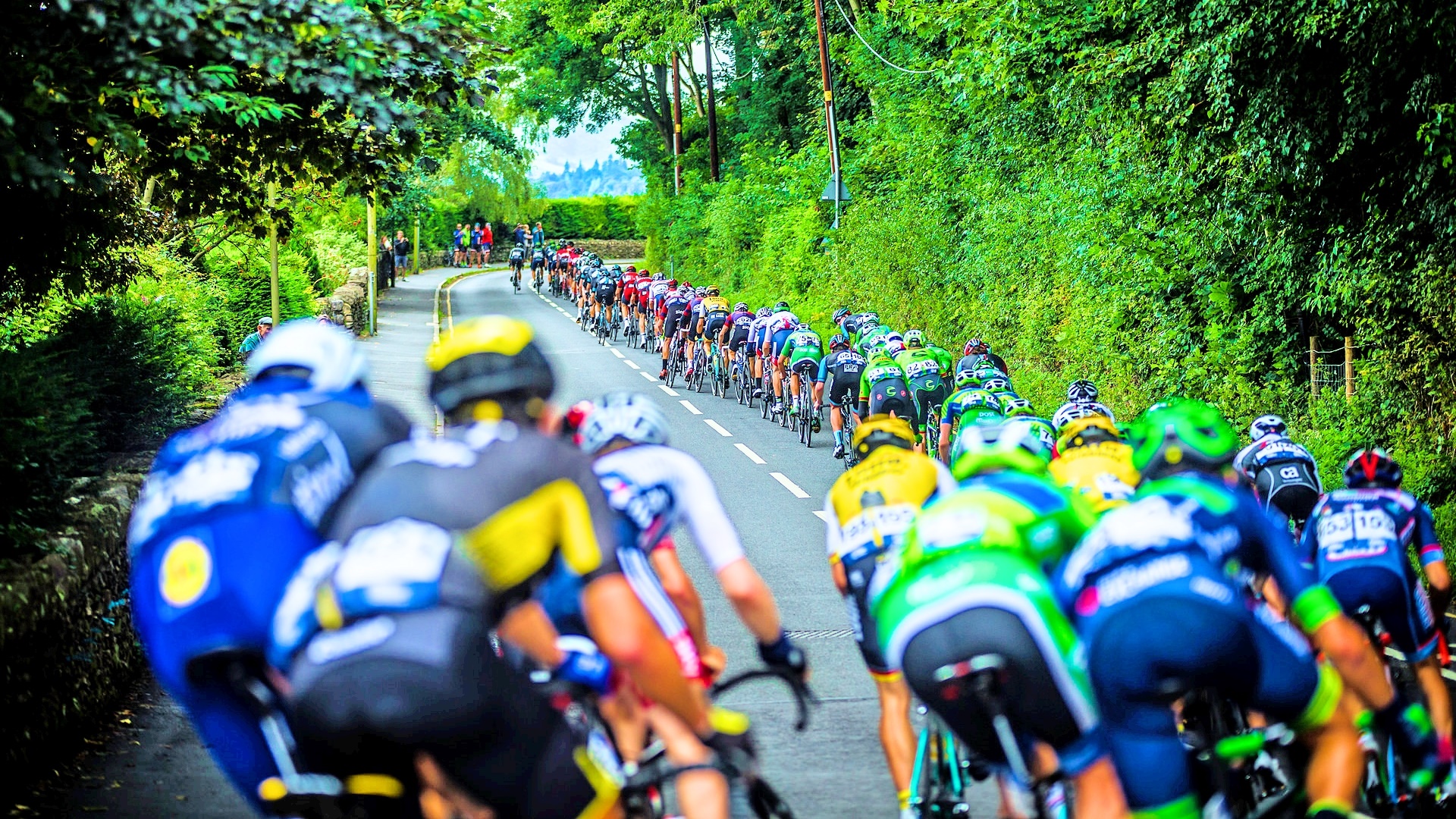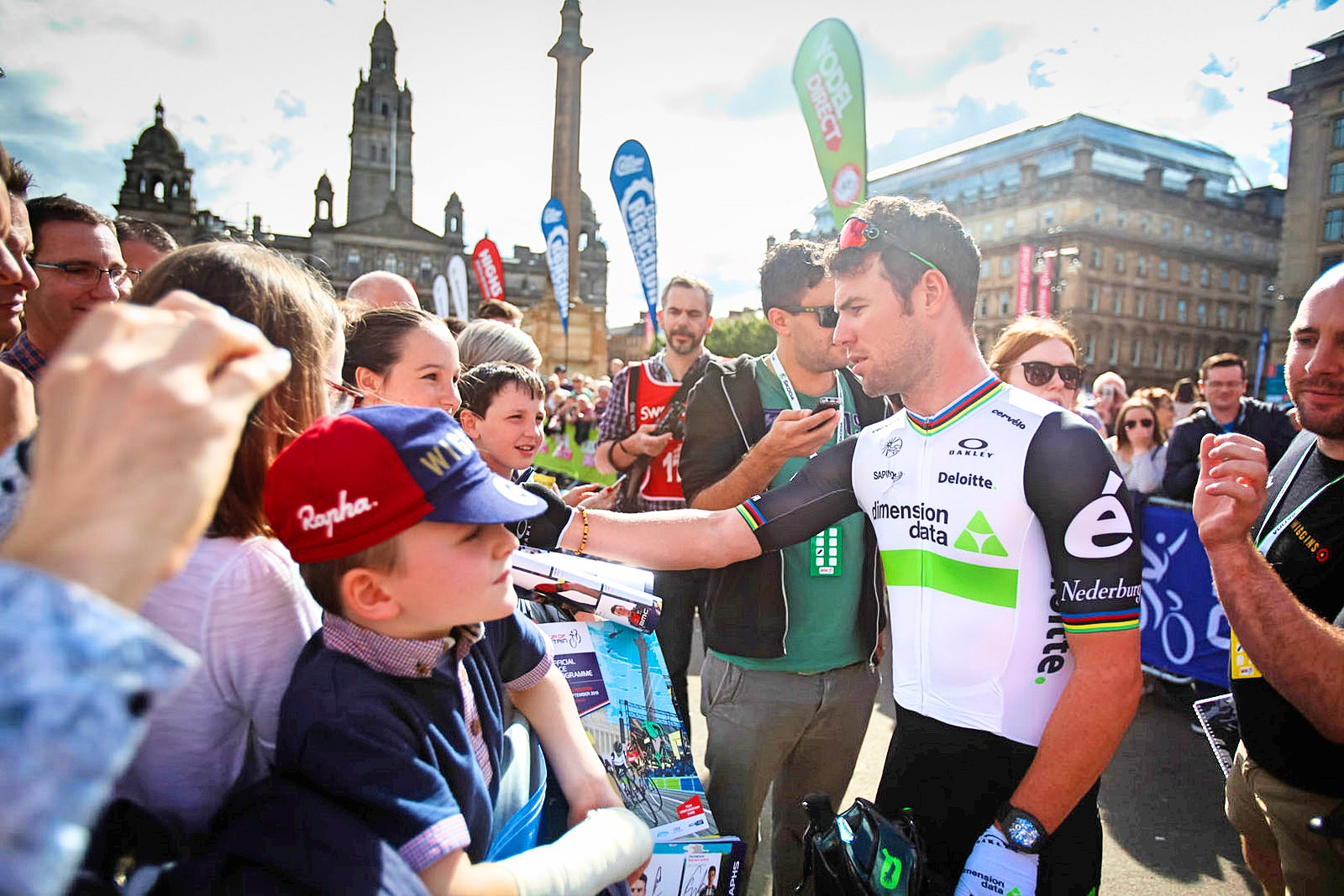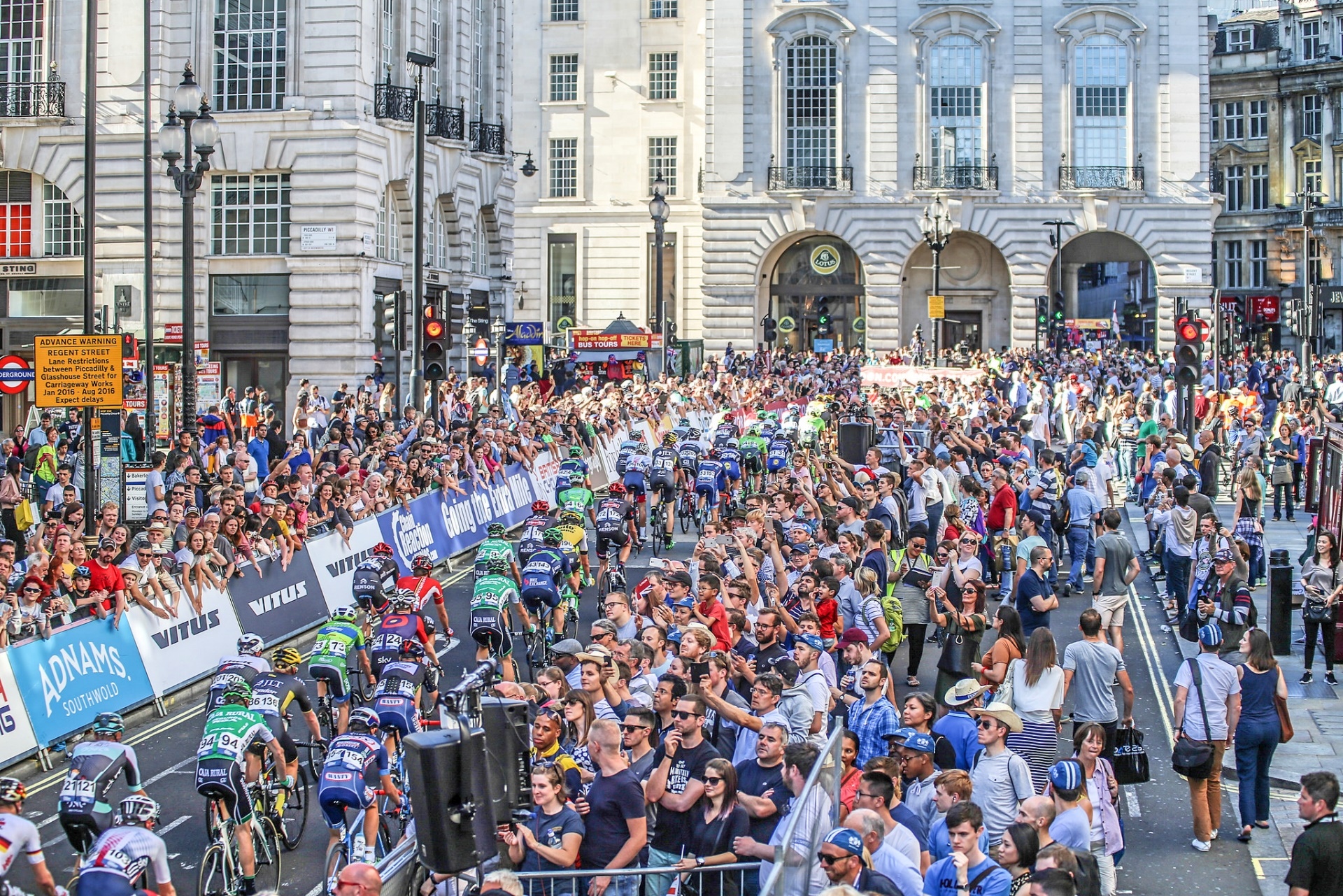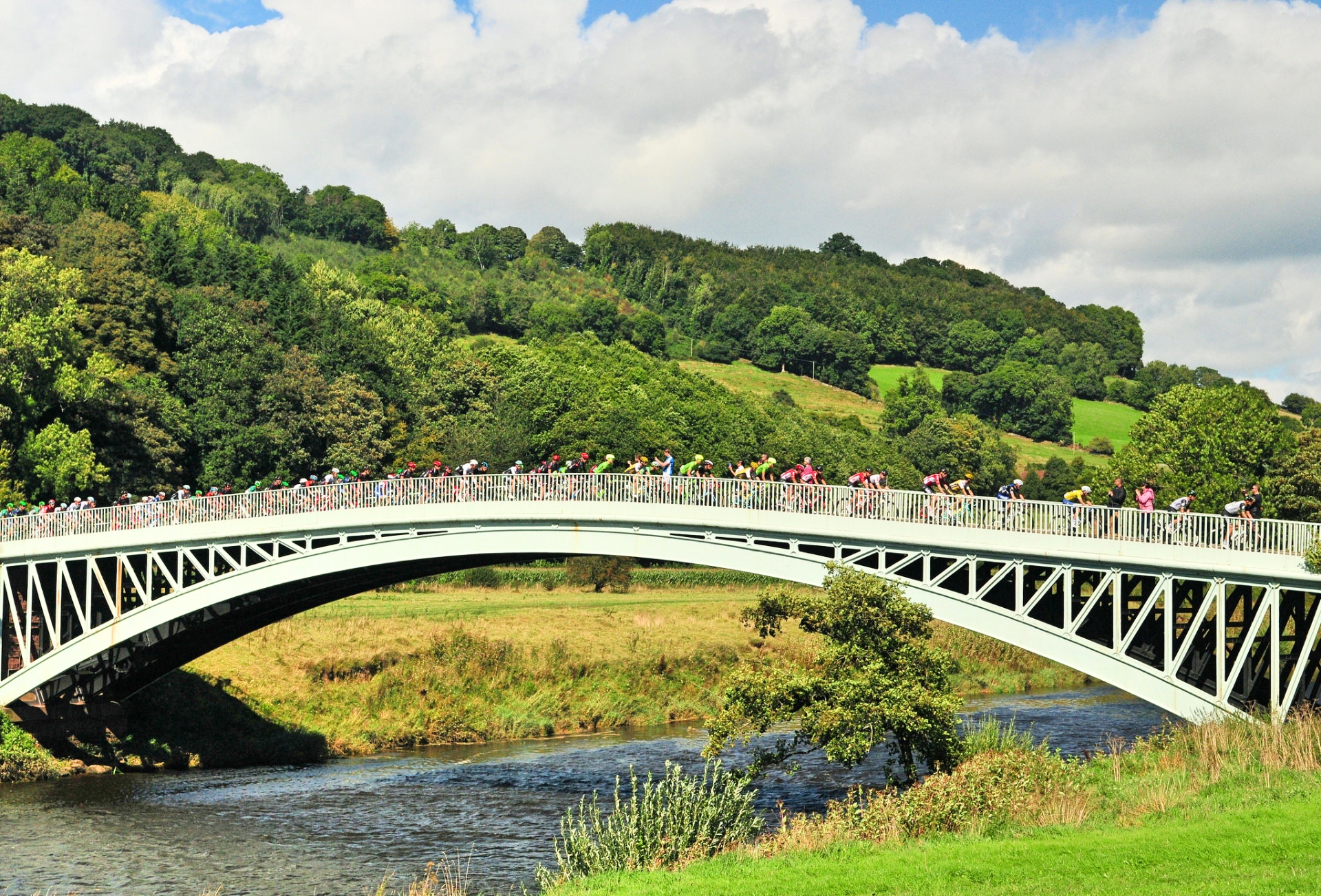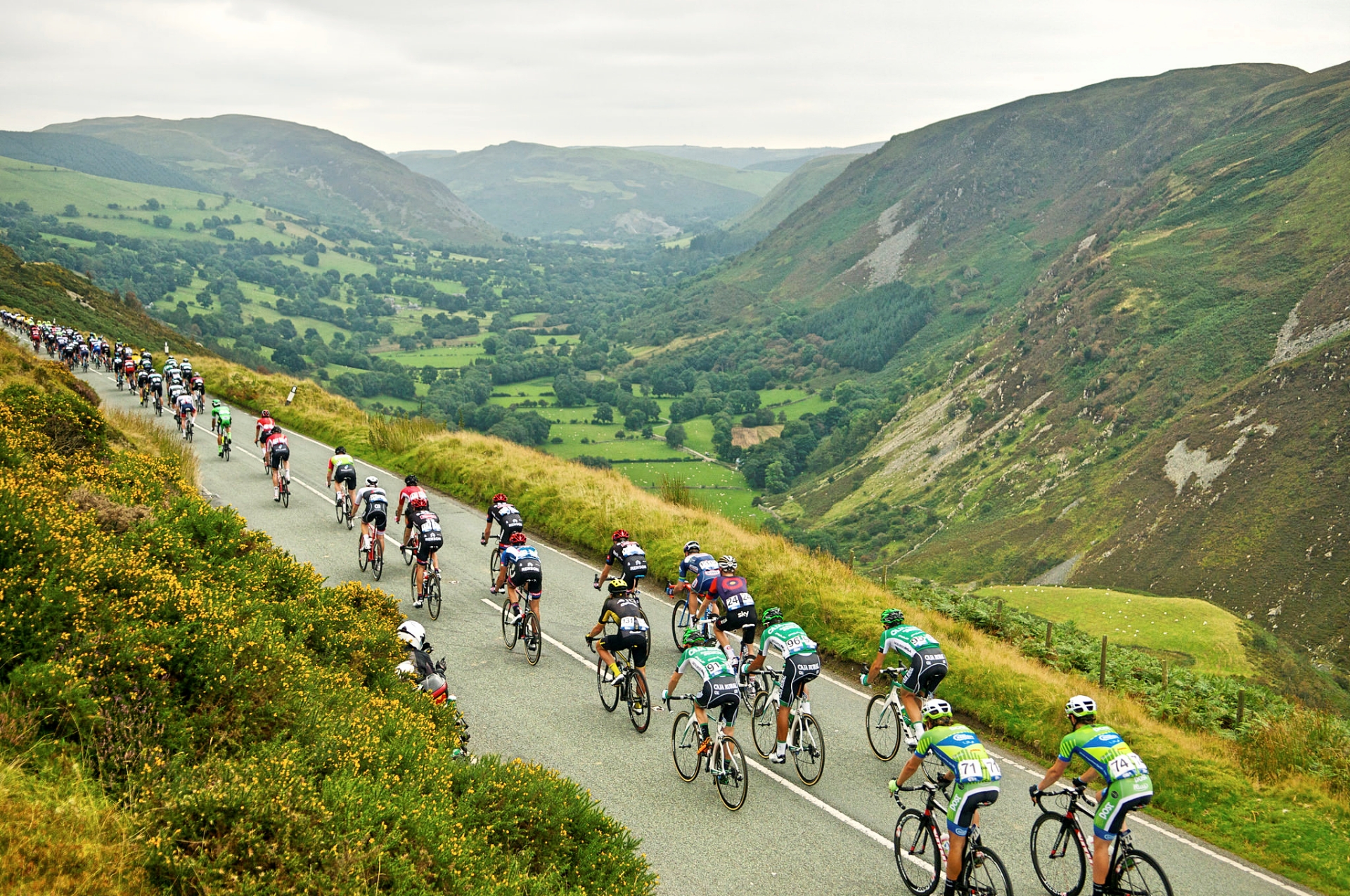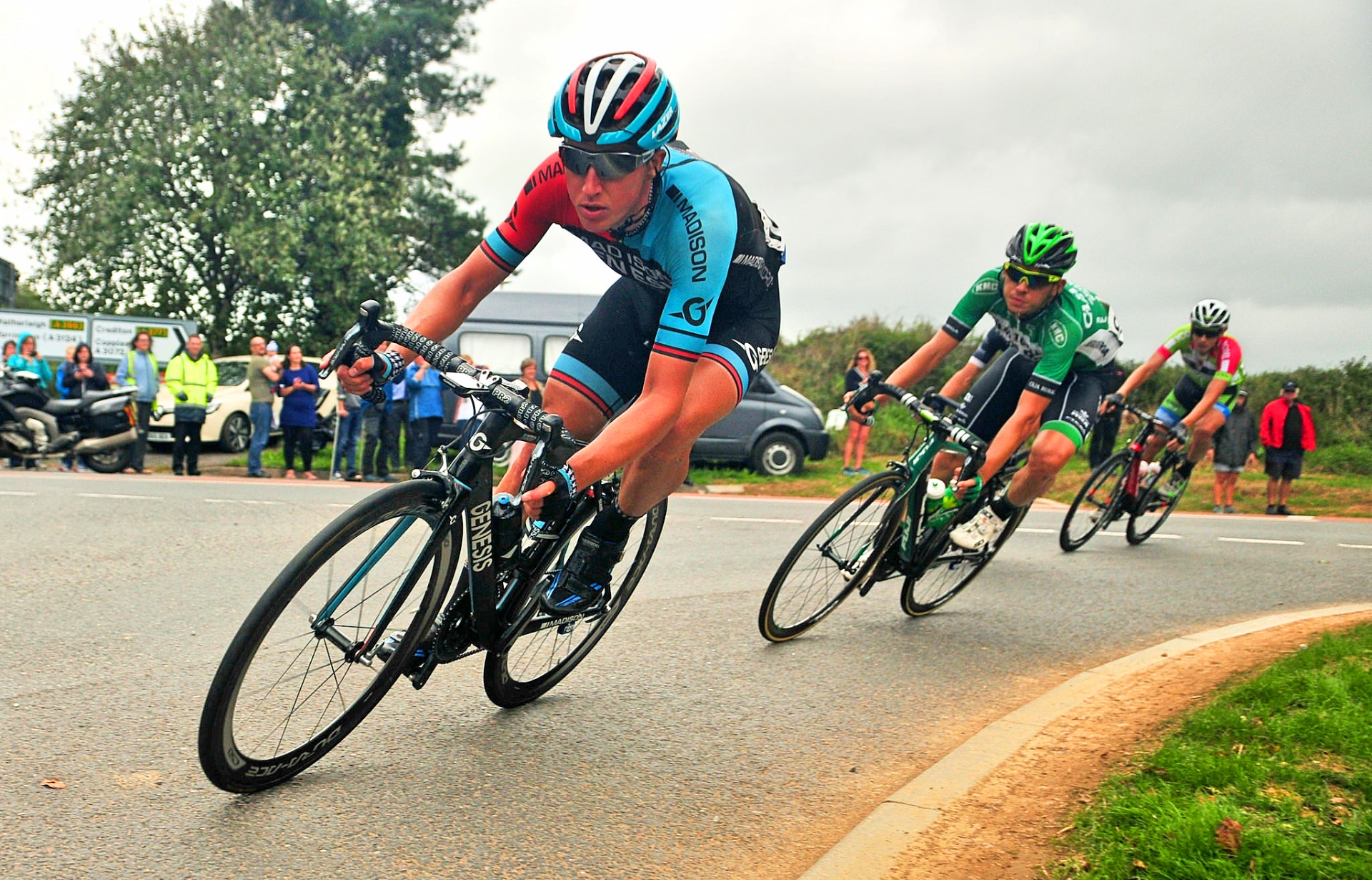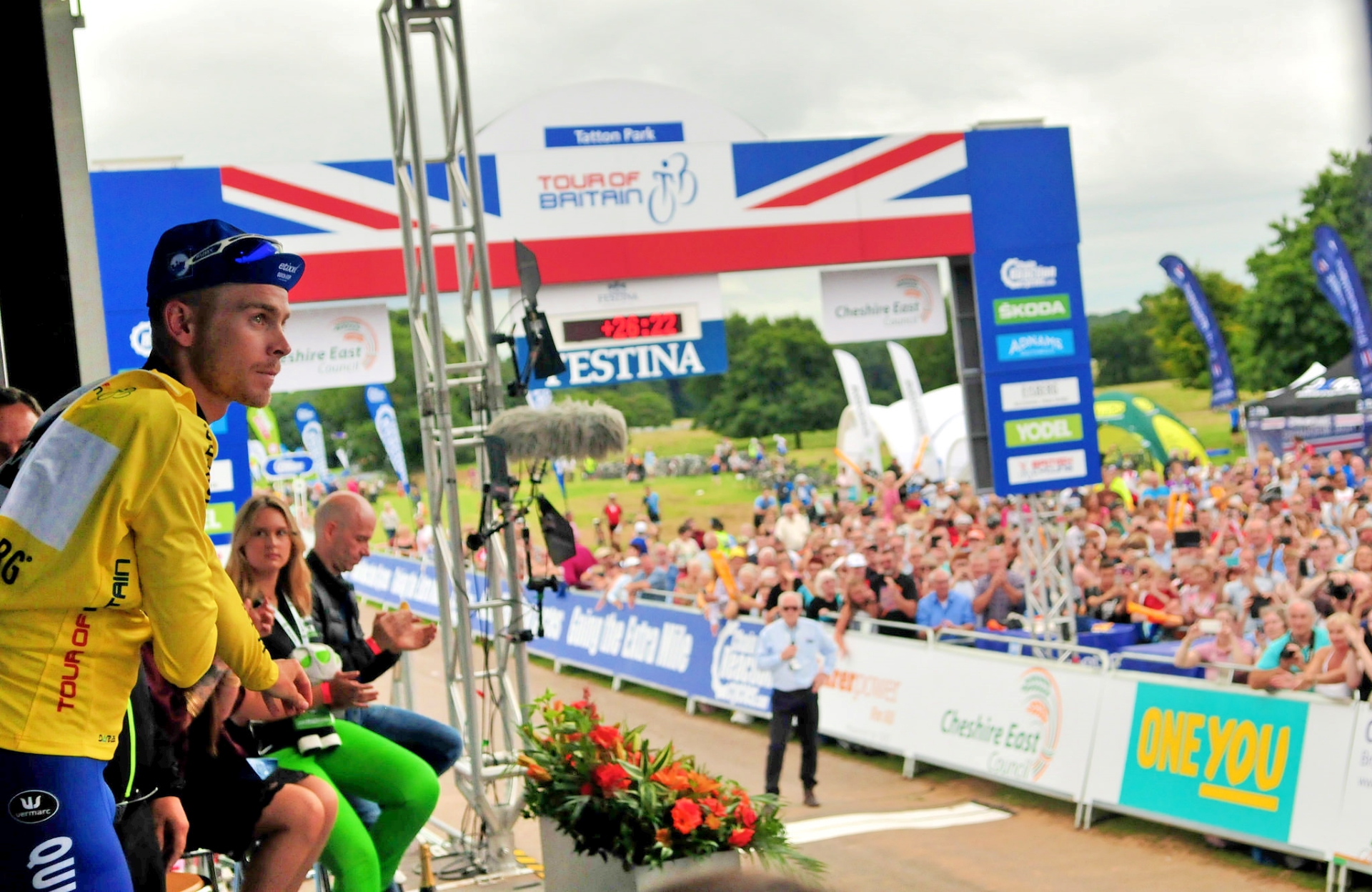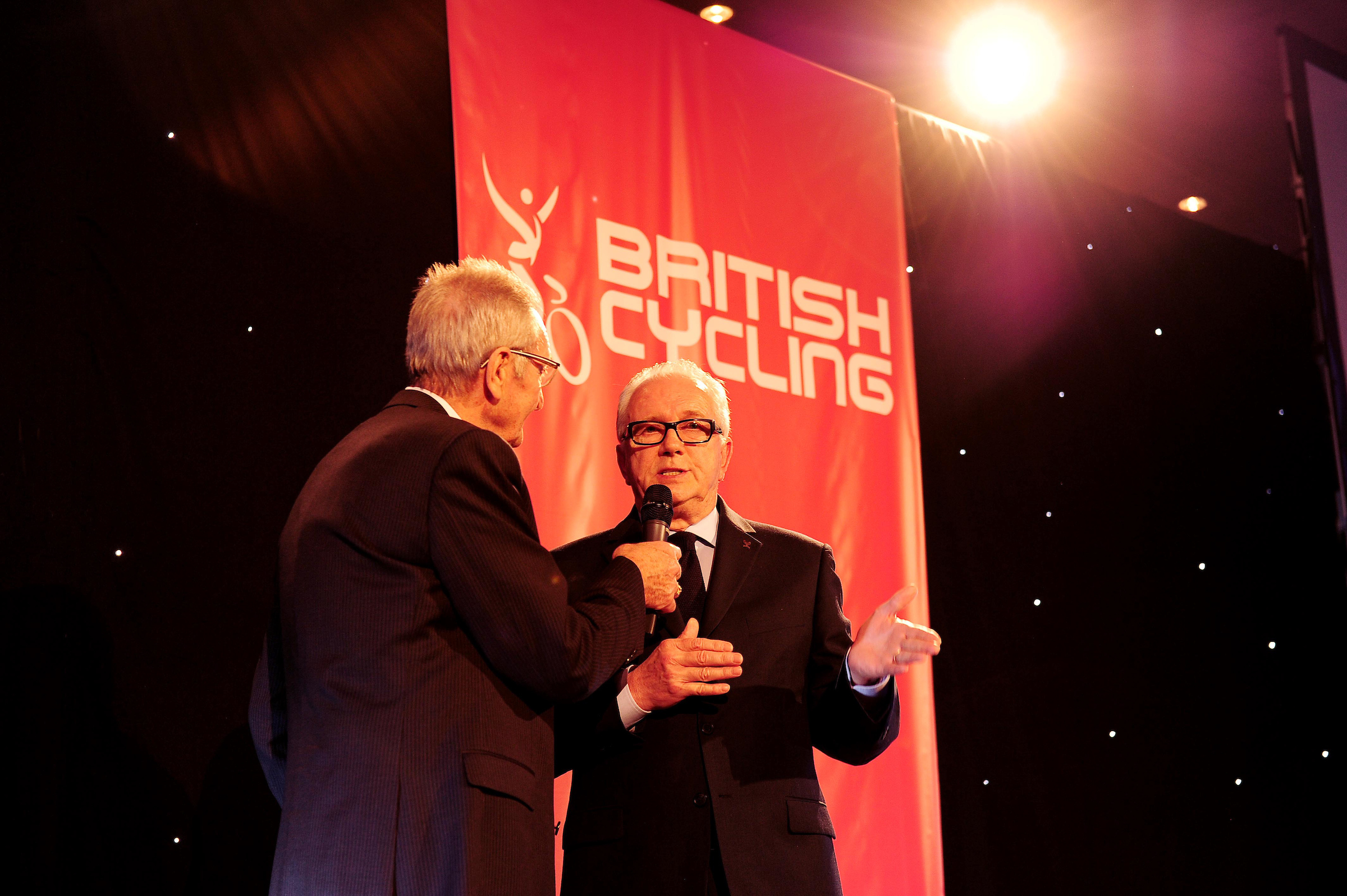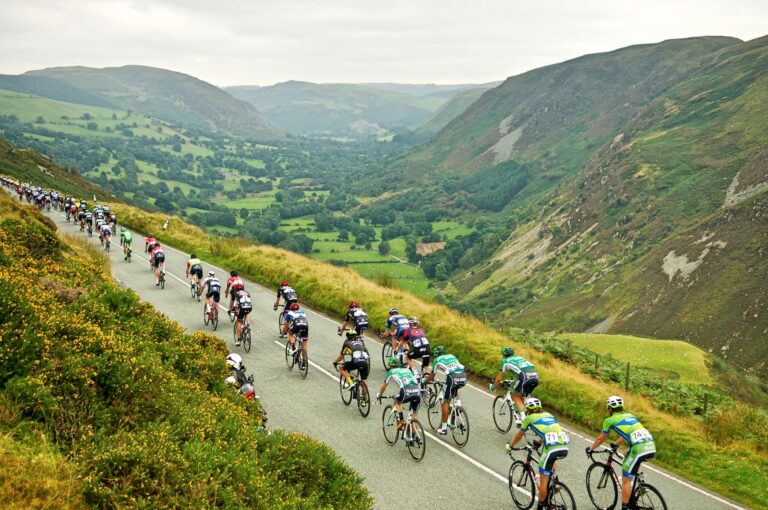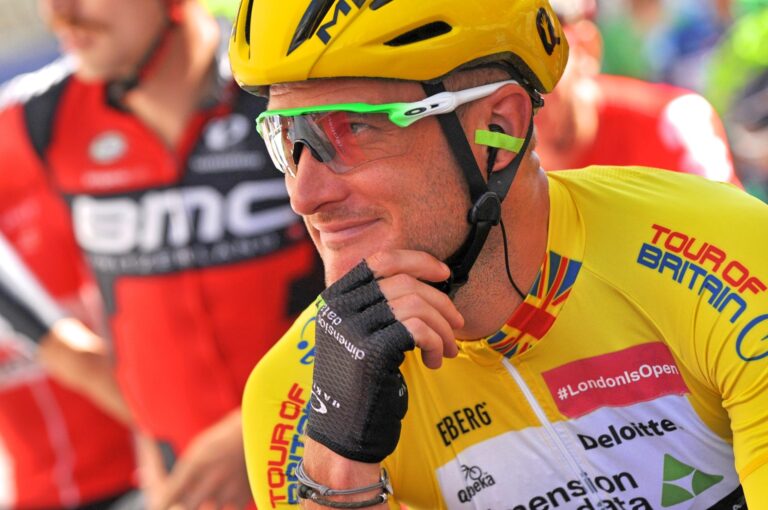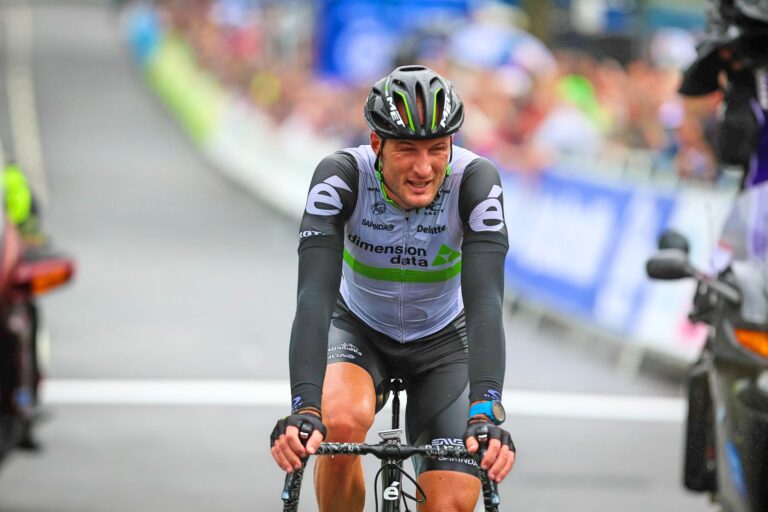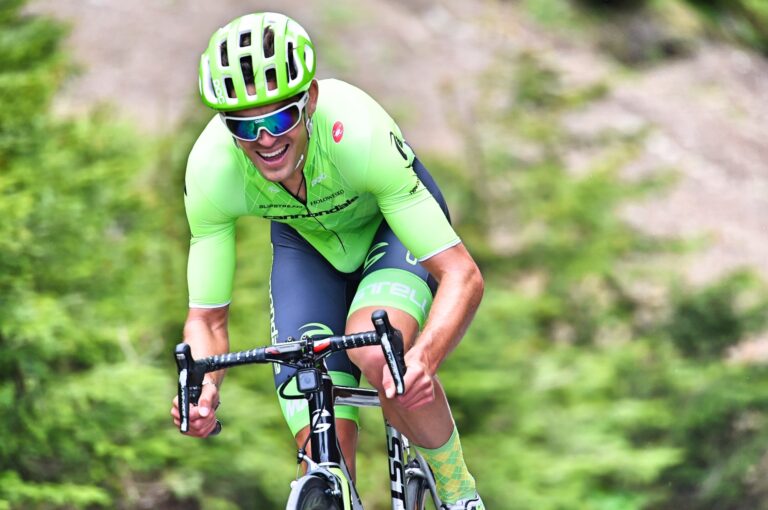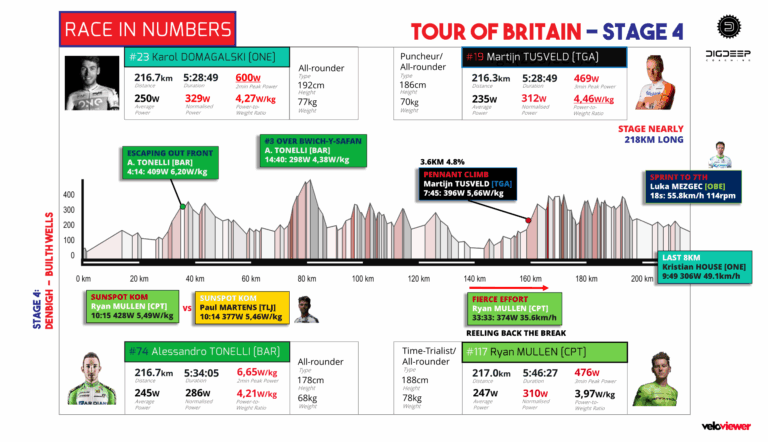With the UCI WorldTour set to expand in 2017 and pro cycling at a potentially important crossroads, the Tour of Britain has once again confirmed its place as one of the most well-supported – and exciting – races on the calendar.
Steve Cummings became only the second home rider to win the modern race, on a varied course which packed in typically tough British climbs like The Struggle, Cat and Fiddle and Haytor, and also included a time trial and split stage in Bristol. All that made for an unpredictable race with any number of potential winners, ensuring the final destination of the yellow jersey was not known until the final weekend.

However, when the WorldTour expands from 27 to 37 events next year, the Tour of Britain will be one of the few major races not stepping up to the top tier – with the race’s organisers, Sweetspot, instead keen to maintain the finely-tuned balance of six-rider squads from WorldTour and domestic teams.
But, with the WorldTour continuing its global expansion and cycling’s best teams facing ever-increasing demands to attend races across the globe, what lies ahead for the Tour of Britain? What has made the race a success? And how can it compete with the new calendar to ensure 13 years of growth does not go to waste? We caught up with the race organisers, riders and team staff to find out.

